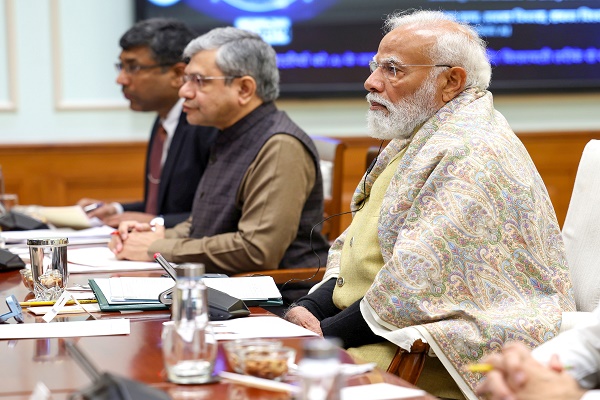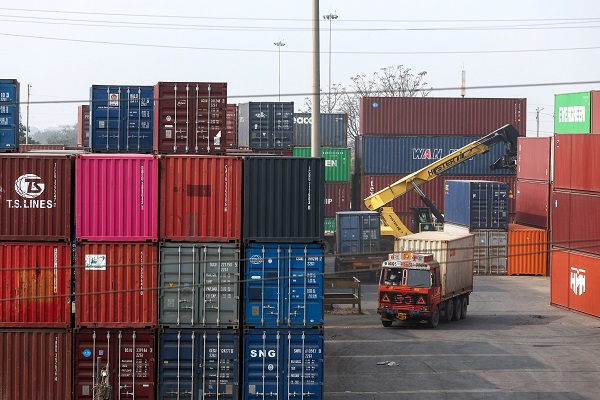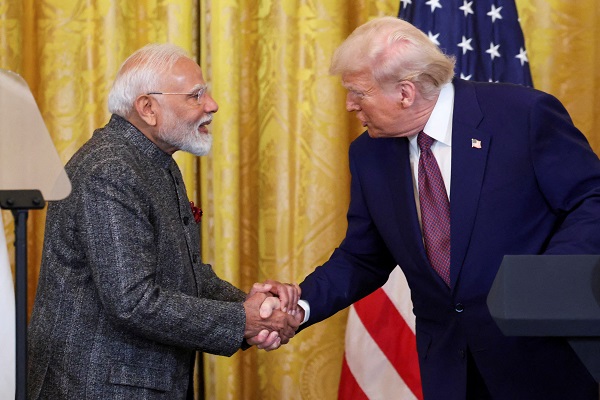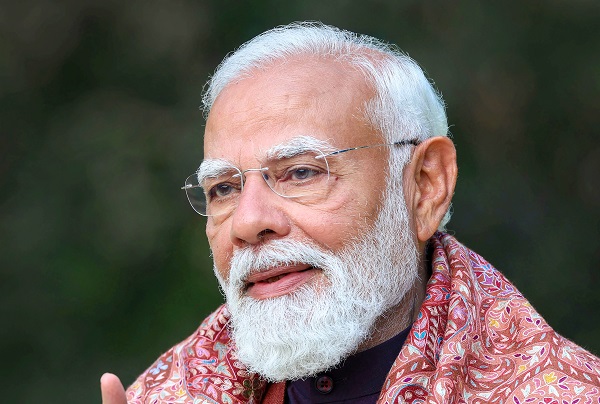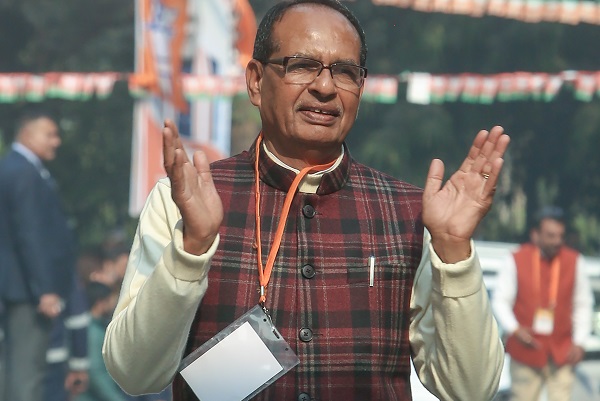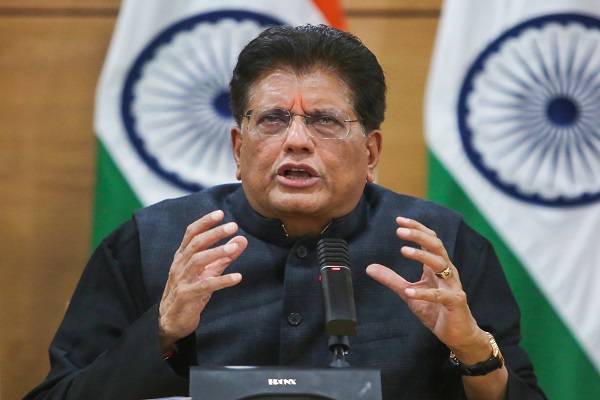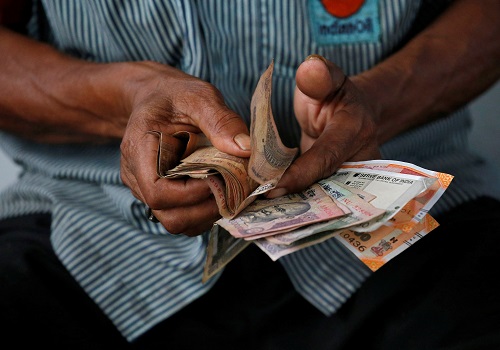Countries like India with large forex reserves will closely watch freeze on Russia's $643 bn reserves

The freezing of Russia's $643 billion of foreign reserves has longer term ramifications on how other countries like India with large foreign exchange reserves will view the matter if, one day, they are suddenly deemed to be out of favour in Washington, Christopher Wood analyst at Jefferies said in a report.
There is an air of Western triumphalism in the air as regards the effectiveness of Western sanctions against Russia, most particularly the freezing of Russia's $643 bn of foreign reserves, Wood said in his commentary, Greed and Fear.
Wood said there is, consequently, a growing possibility that foreign exchange reserves denominated in dollars may be making a long term peak as countries question the value of accumulating such "assets", which at the end of the day are a claim on someone whereas ownership of gold bullion, or indeed Bitcoin, is an IOU nothing.
There is no doubt that the weaponisation of the US dollar is an extremely powerful tool for the US to employ. The latest American move follows a number of other similar measures in recent years with the first Greed and Fear can remember the $8.9bn fine levied on French bank BNP Paribas back in 2014 for dealing with Iran.
Still Greed and Fear has to wonder about the longer term ramifications of this latest move, and how other countries with large foreign exchange reserves will view the matter if, one day, they are suddenly deemed to be out of favour in Washington.
"Greed and Fear is not just thinking of China ($3.2 tn of foreign exchange reserves) but also, for example, of Saudi Arabia ($447 bn of reserves) and India ($632 bn of reserves)," Wood said.
Interestingly, both China and India abstained from the UN vote last week demanding Russia immediately end its military operation in Ukraine. Yet all these three countries still have a substantial portion of their foreign exchange reserves in US Treasuries. China, India and Saudi's holdings of US Treasuries totalled $1.07 tn, $199 bn and $119 bn, respectively at the end of December. They also have probably much larger exposure to the dollar, as a percentage of their reserves, than was the case with Russia.
For the record, global foreign exchange reserves rose to a record $12.83 tn at the end of 3Q21, the latest data available, while the US dollar's share of world FX reserves declined to a 25-year low of 58.9 per cent at the end of 2020 and was 59.2 per cent at the end of 3Q21, according to the IMF.

